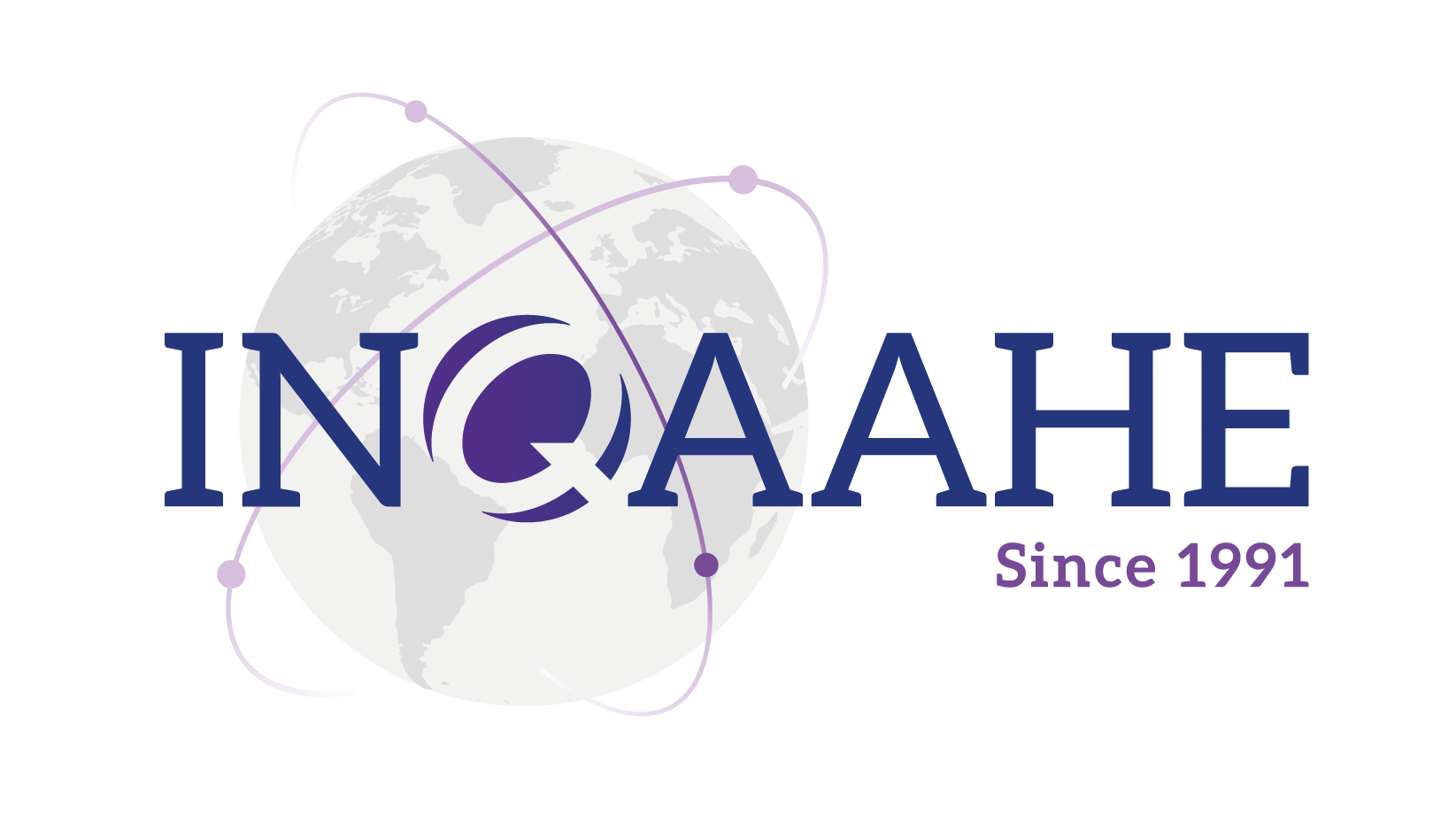Find below information on UGC Nepal's questionnaire, part of their Research and Innovation project funded by INQAAHE (Funding Scheme call 2020-2021). INQAAHE hopes you find this information useful.
Questionnaire/checklist of the Research Project of University Grants Commission, Nepal under INQAAHE's Research and Innovation Grant
Dear Fellow Higher Education Quality Assurance and Accreditation Agencies (All the INQAAHE Member Agencies), the University Grants Commission (UGC) Nepal kindly would like to request you, the senior officials of the accrediting agencies, to take part in this research project as informants and provide valuable information. This research is jointly funded by INQAAHE and the UGC Nepal (Research and Studies) and under INQAAHE (Research and Innovation Grant) on the basis of 50% each.
Below we briefly introduced the research team, objectives and research questions of the research, as well as data handling practice to be adopted and expected outcomes of the research. Therefore, we kindly request you for your valuable time and response to the questions so we could explore some meaningful ideas to strengthen and enhance the quality assessment practice.
Project Title: Transition to Digital Era of Accreditation: Scope and Challenges for Emerging Quality Assurance Agencies
Research being carried out at: The University Grants Commission (UGC), Sanothimi, Bhaktapur, Nepal.
E-mail: ugc@ugcnepal.edu.np / Website: www.ugcnepal.edu.np
Research Team:
Project Coordinator: Prof Dr. Bhim Prasad Subedi, Email: profbp.subedi@ugcnepal.edu.np
Principal Investigator / Correspondence: Dr. Rishikesh Pandey, Email: r.pandey@ugcnepal.edu.np / itsmehimalaya@gmail.com / qaad@ugcnepal.edu.np
Research Assistants:
Narayan Bhandari, Mamata Prajapati, Nabina Chaulagain, Aashma Adhikari.
Objectives of the research:
- Analyze the strength and weakness of existing QAA system in relation to COVID-19 pandemic;
- Map the innovative ways initiated by the QAA agencies to carried out for assessment for accreditation in the short-term (immediate coping to the crisis) and for the long-term (planning for transformation of QAA process and System) basis;
- Explore and compare the impacts of COVID-19 to the QAA Agencies of technologically advanced and weak countries;
- Analyze the cases of specific countries in relation to success and failure to respond the COVID-19 crisis.
Research Questions:
- Whether the traditional forms of assessment for quality assurance and accreditation would be viable at the time of crises such as COVID-19 pandemic?
- What options or alternatives do we had and what are the challenges we experienced with existing assessment system in relation to COVID-19 pandemic?
- What sort of new strategies have we developed and practiced / adopted to respond the pandemic?
- Are there differences on success and failure of innovative approaches taken by different countries / QAA agencies for assessment process during the pandemic?
- Have those alternatives produced appropriate / desired results? If yes, can we successfully transform our system and cope with it? Or if not, what sort of issues required to be addressed?
- What are the effects of digital divides (between technologically advanced and weak countries) in accreditation of higher education?
Data handling and privacy
The collected data will entirely be a property of UGC Nepal. However, INQAAHE can have access the raw data, if necessary. Intellectual property right on the data and outputs coming from the research will be of research team with due acknowledgement to the INQAAHE and UGC Nepal for their contributions. Data safety will be maintained in UGC Nepal by ensuring regular backup and recovery system. The output will be presented in the INQAAHE Conference 2022 and key findings will be shared with member institutions after the report is accepted by the INQAAHE and UGC Nepal. Final report will be submitted to both of the organizations after incorporating their feedback on the draft report. Brief findings will be published in the UGC Newsletter while Summary for Policy Makers will be published in the form of Policy-Brief. Both these documents will be made public through the website of UGC Nepal. Furthermore, formal publication of the findings will be made in peer reviewed international journals such as Journal of QAA in Higher Education and both of the funding agencies and informants will be acknowledged.
Expected results
The proposed research is expected to come up with various types of impacts and coping mechanisms for institutions addressing the impacts of COVID-19 on quality assessment process in underdeveloped and developing countries. The research is expected to be able to identify level of vulnerability in operation of those agencies and appropriate corrective measures to be incorporated in crisis situations. A comparative assessment of the existing digital strength and its usability in QA agencies along is expected to suggest way forward for context specific digital assessment strategies and modes applicable to those engage in quality assessment tasks.
Questionnaire/Checklist:
Please kindly fill in the Google Form by opening the link:
https://docs.google.com/forms/d/e/1FAIpQLSfj7Pdtszr4xhICT2zL1xBx6MGsWp7wNKVRAPK_o8CrXAFYEg/viewform?usp=sf_link

